

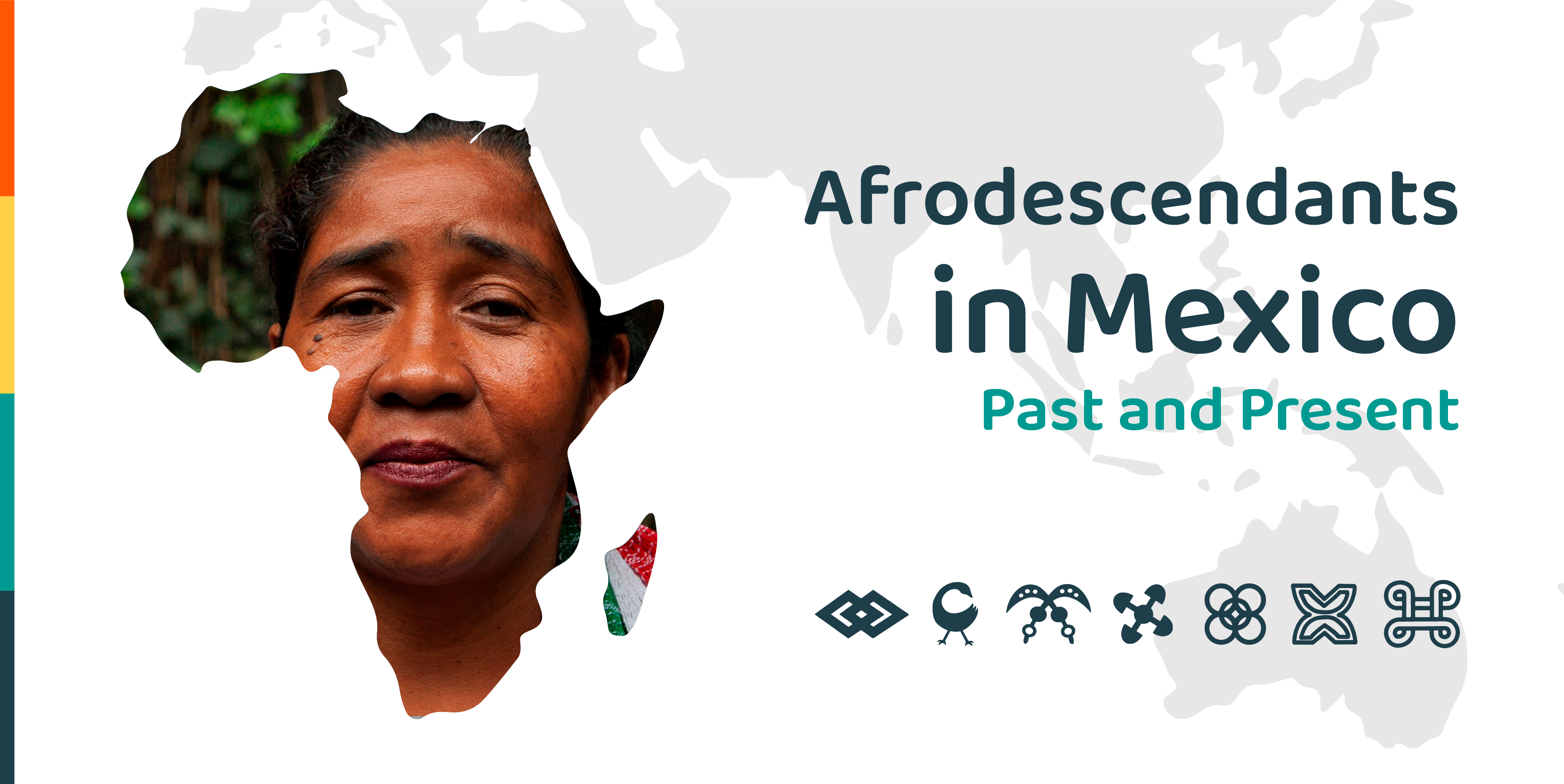
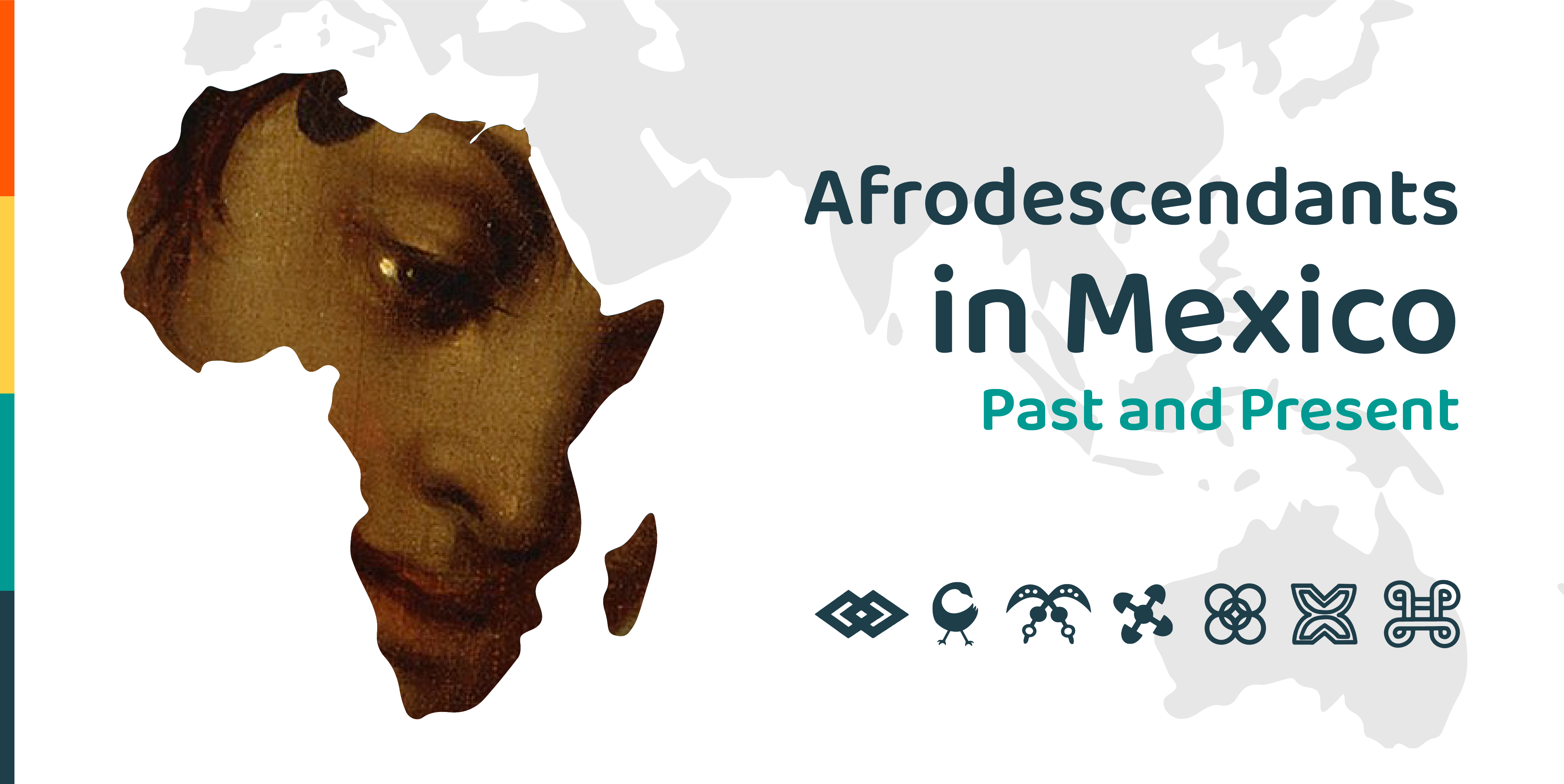
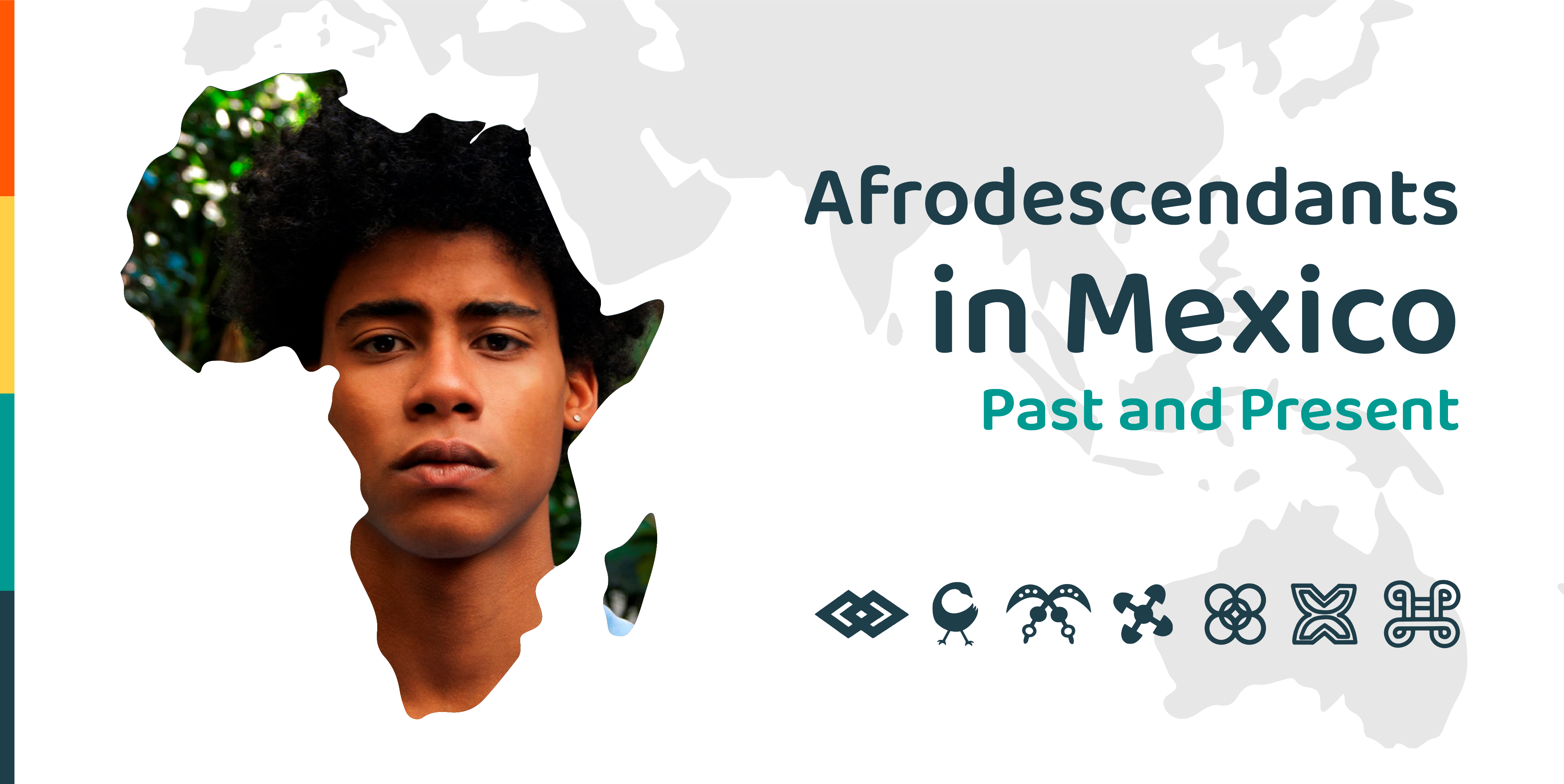
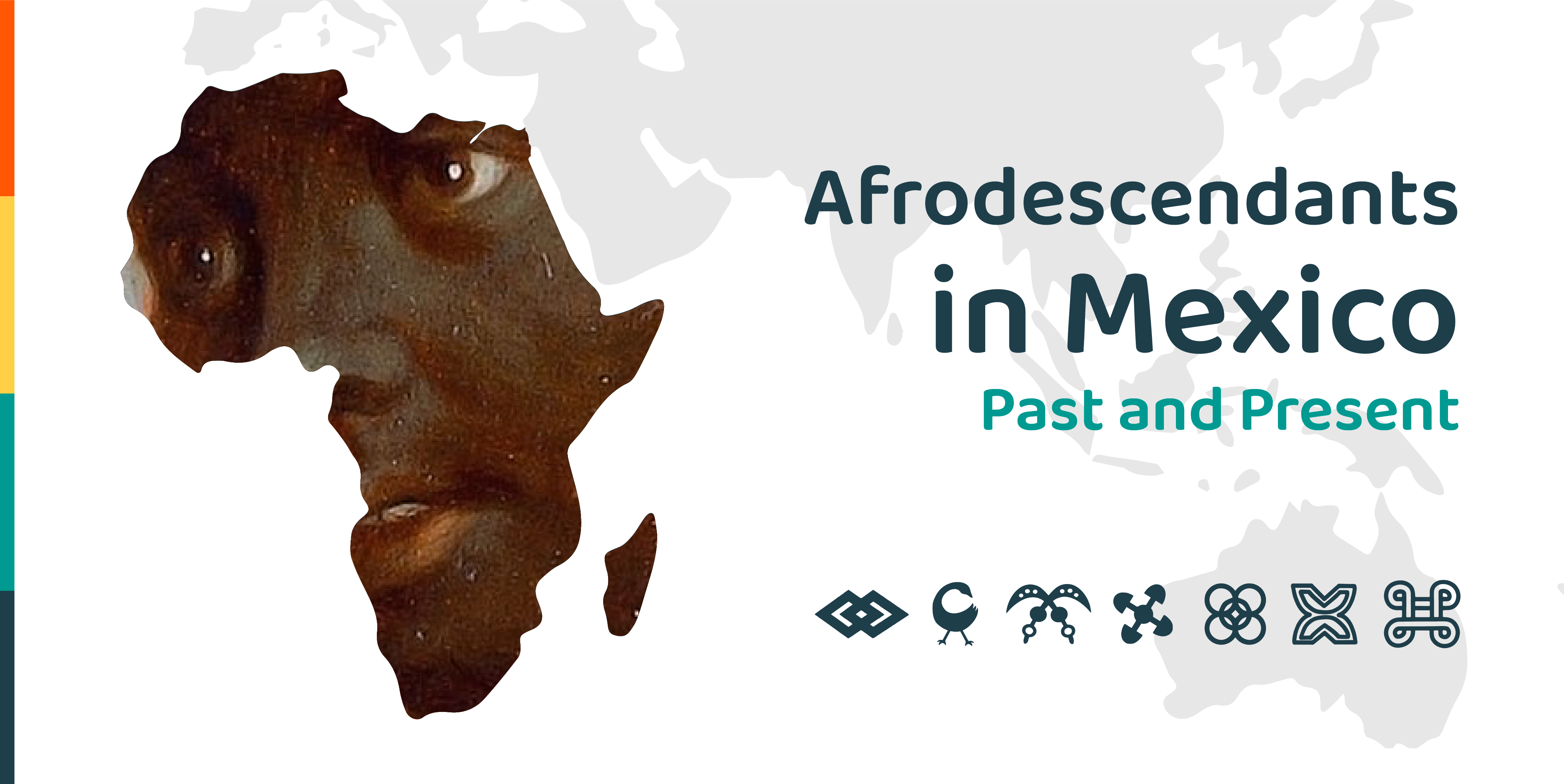
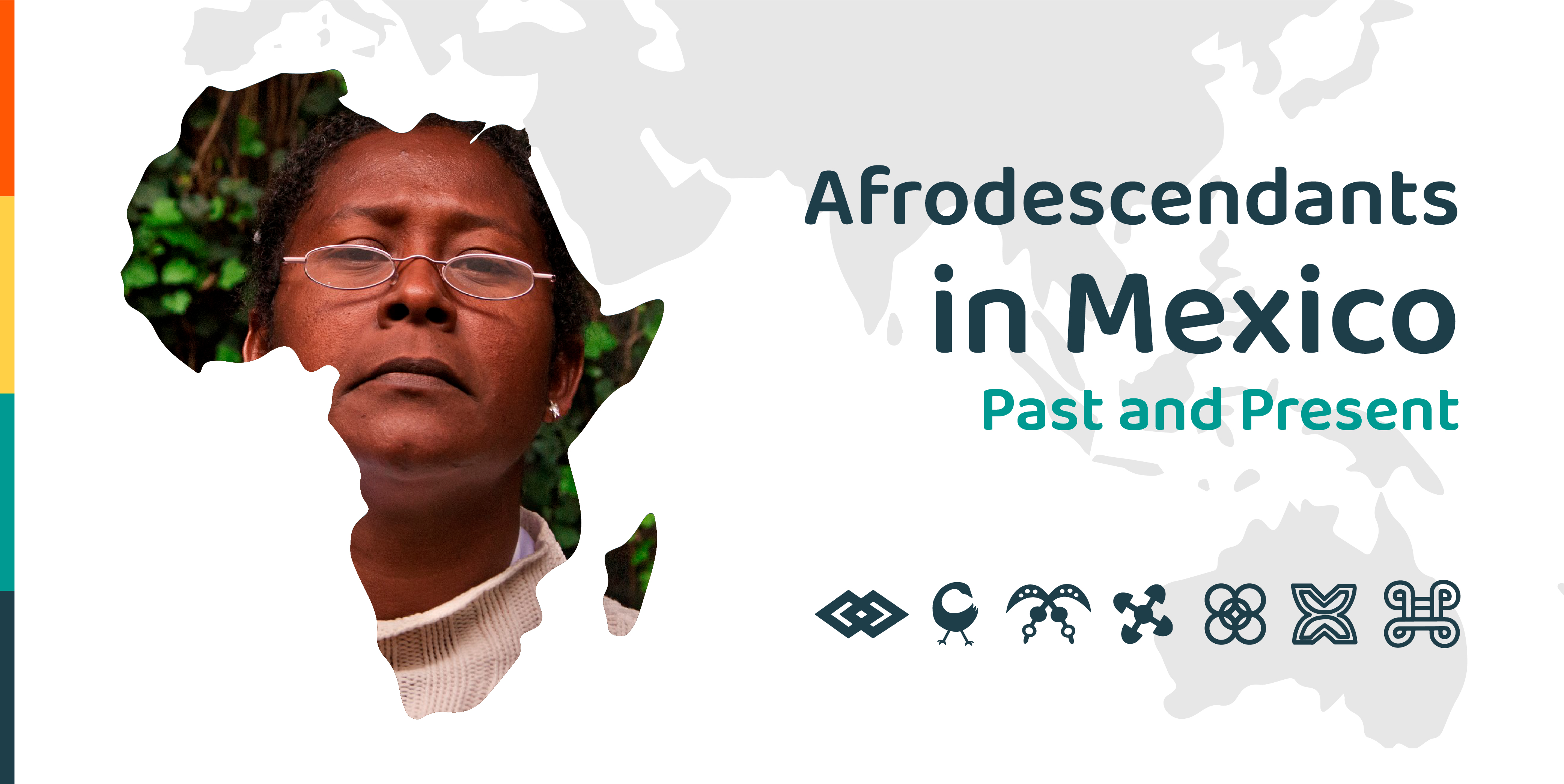
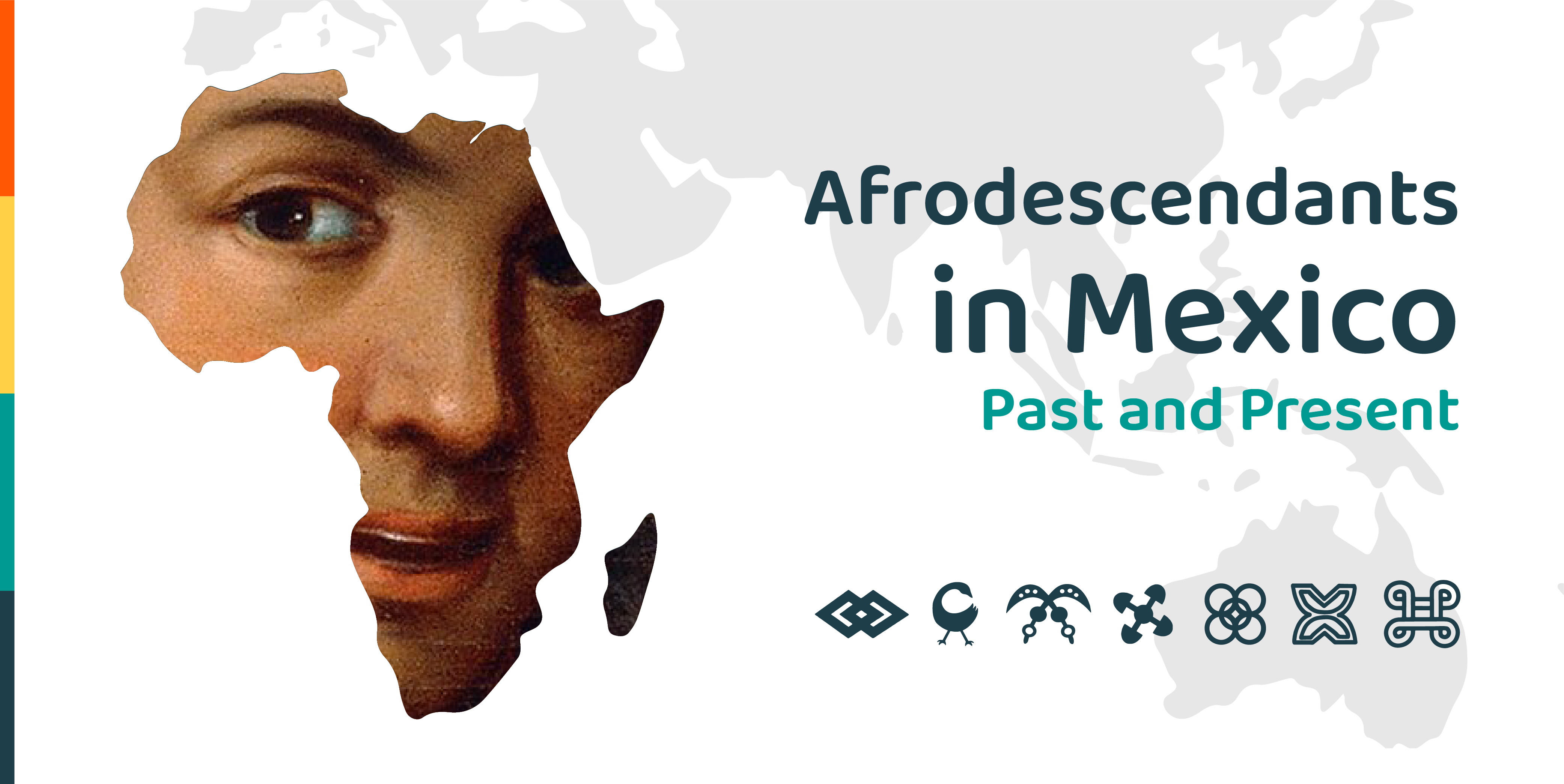
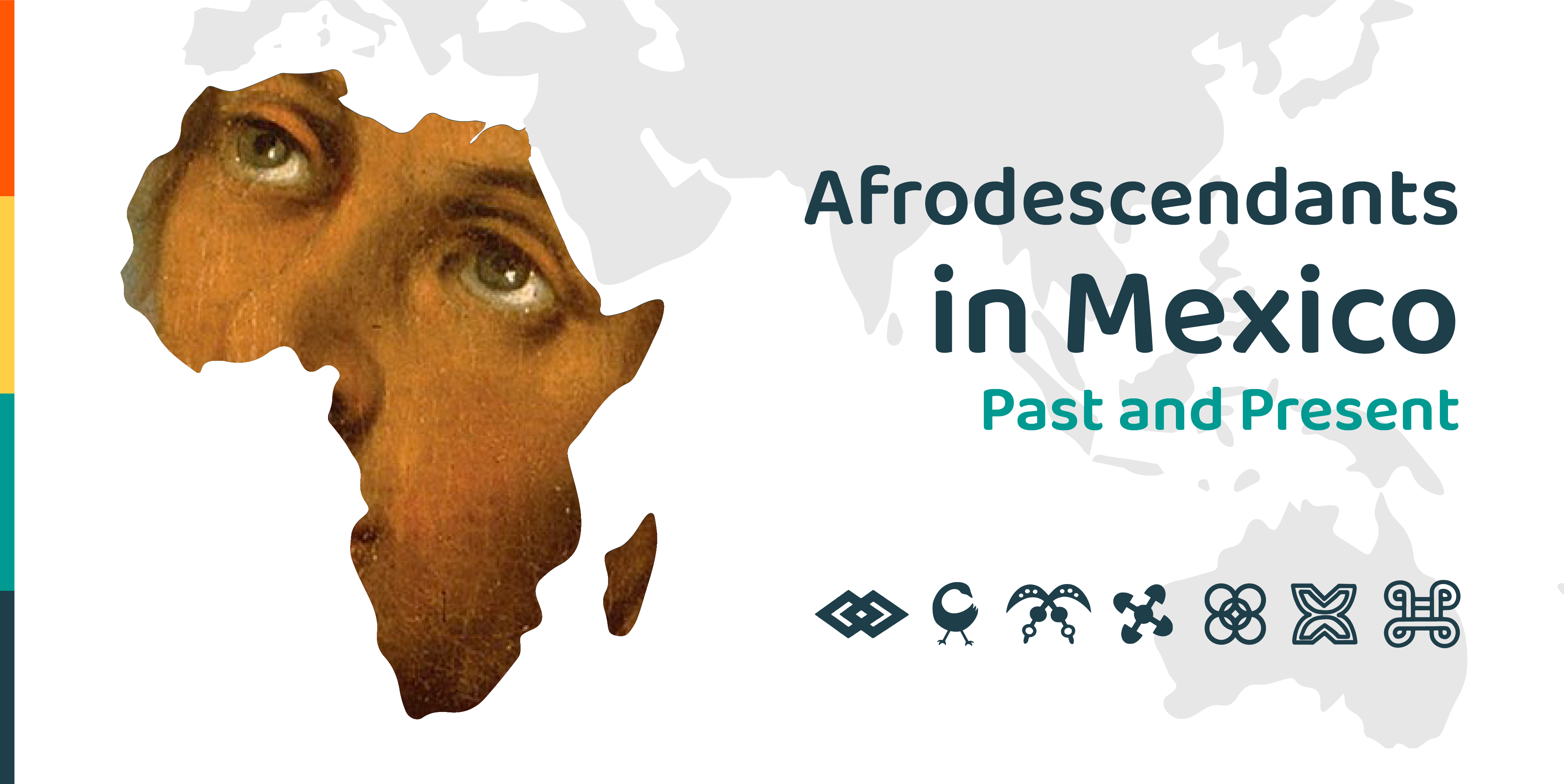
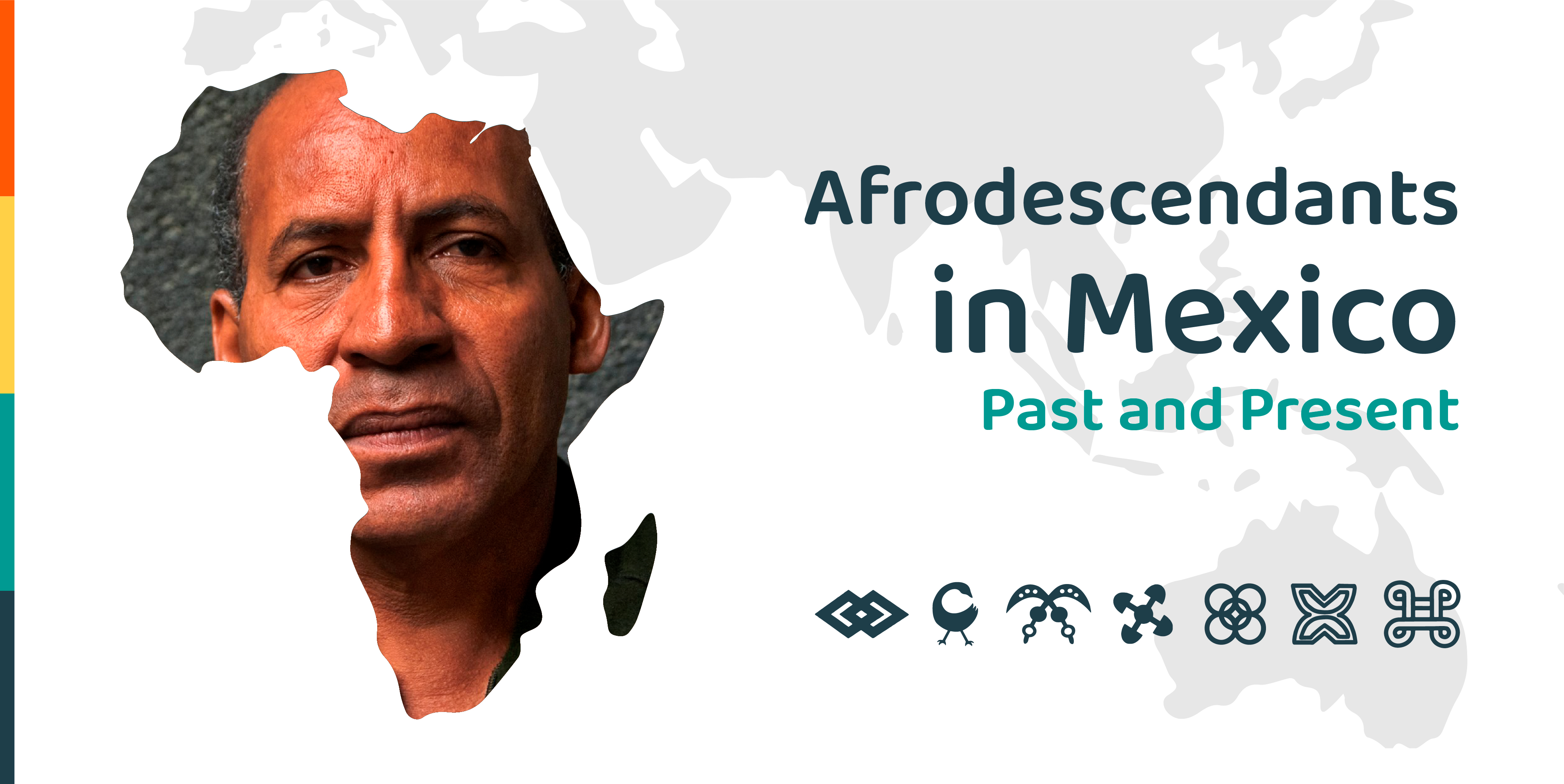
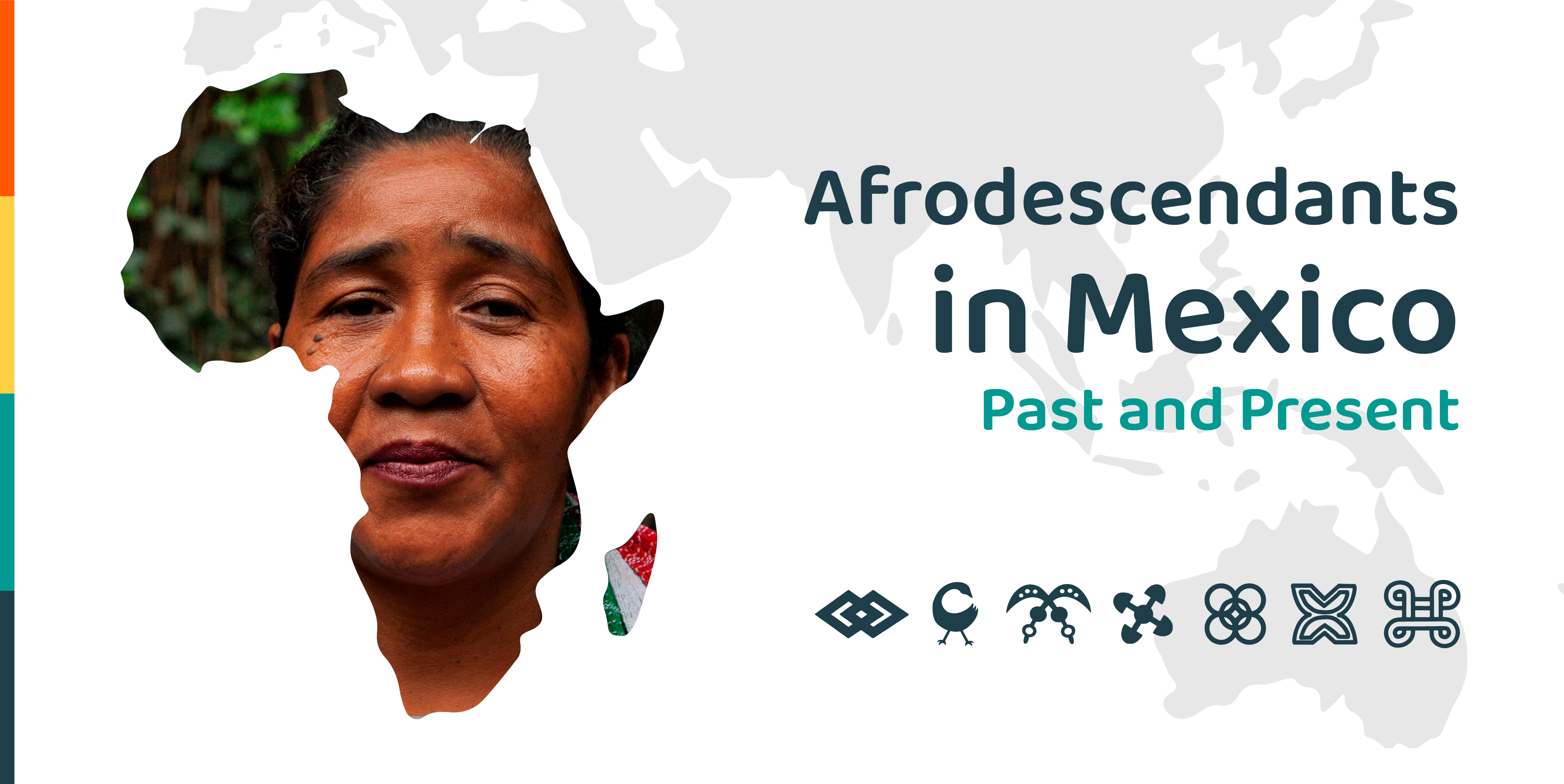
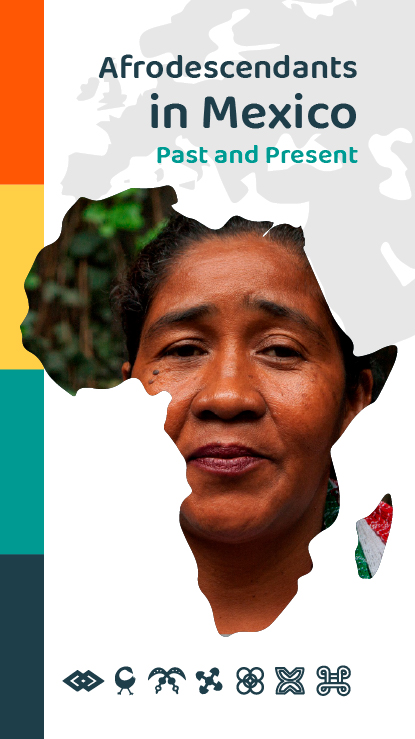
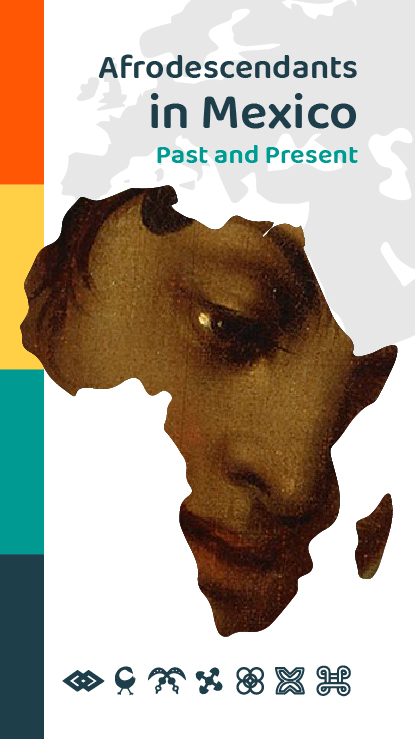
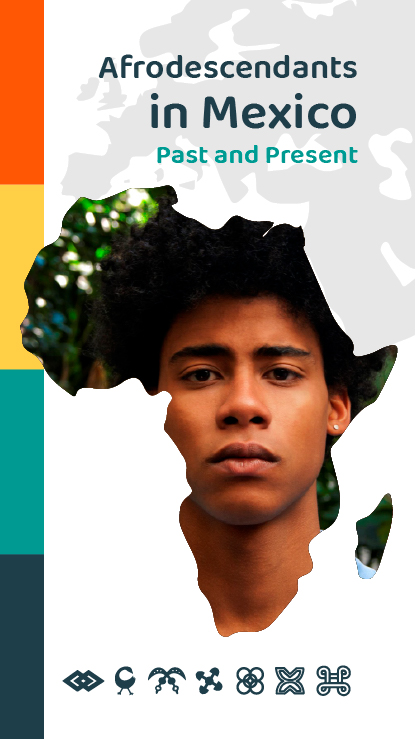
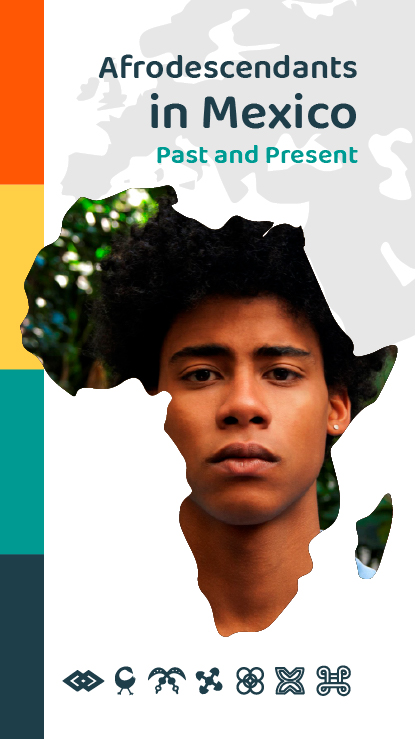
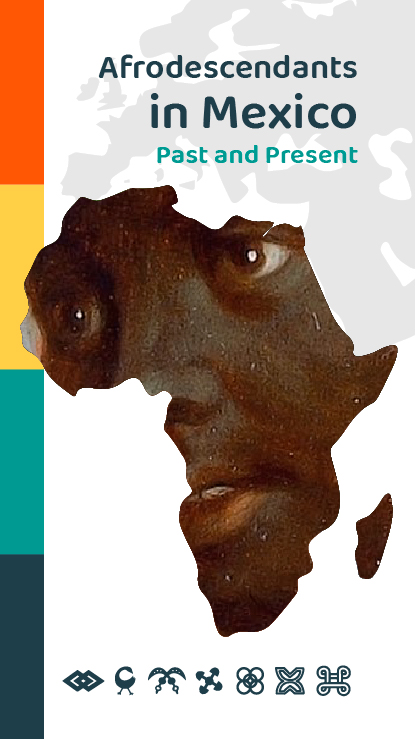
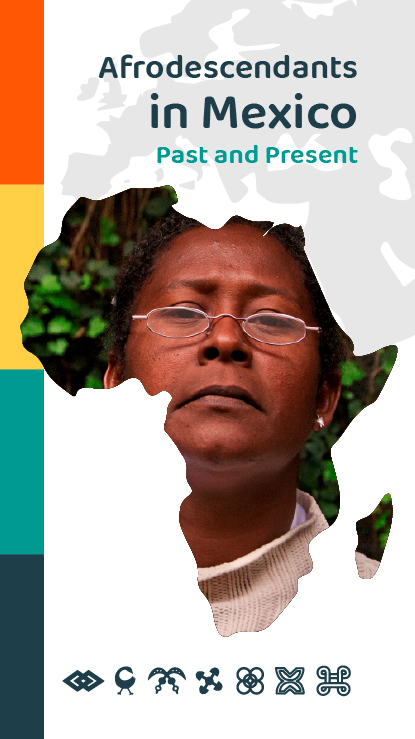
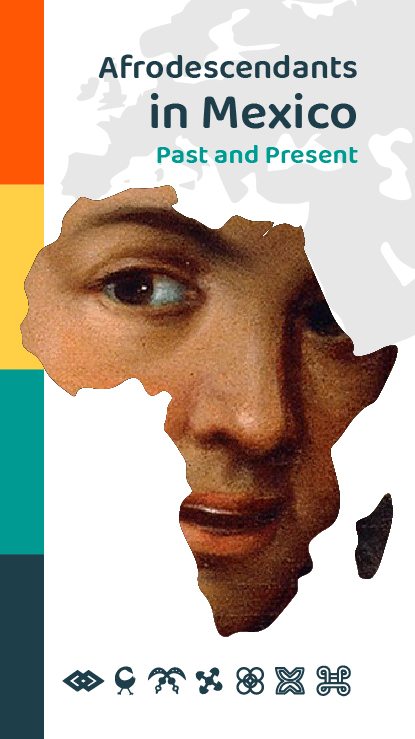
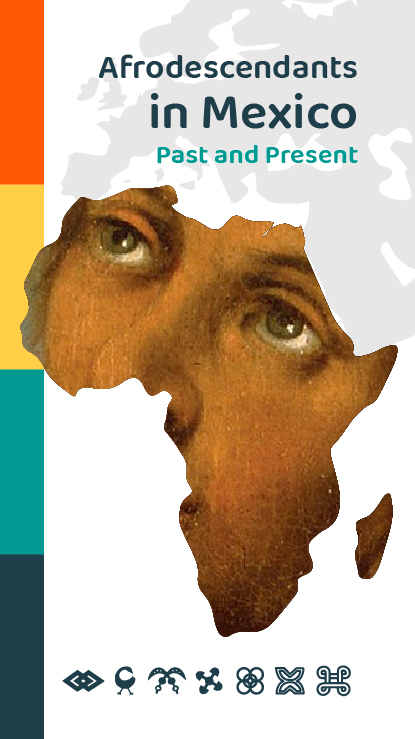
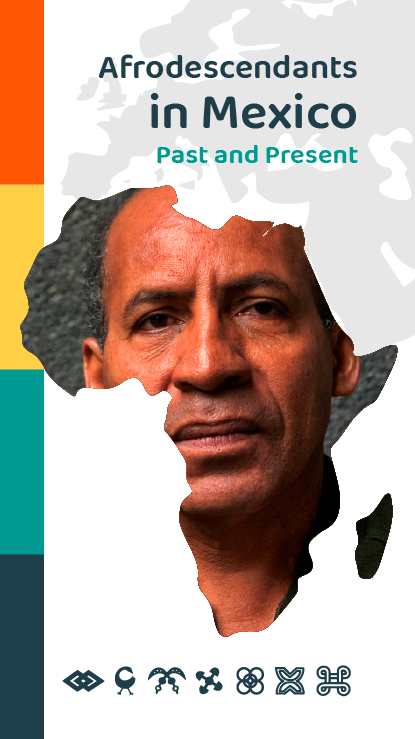

 Mexican society cannot be understood without the
economic, social, and cultural contributions from thousands of people with African
origins.
The arrival of conquistador troops brought Africans and Afrodescendants who participated in the
exploration, conquering and colonization military efforts. A few years later, thousands of women,
men and children from different cultures of the African continent arrived forcefully to work in
various economic activities. Wolofs, Mandinkas and many others from the Bantu peoples worked in
agricultural and livestock haciendas, mines, markets, manufacture, militia, and also housekeeping
activities. In the insurgent movement they were distinguished leaders, and throughout the
19th and 20th centuries they were actively a part of constructing a complex
society concerned with becoming an established nation. During those centuries, their contributions
were undervalued and rarely noted until the middle of the 20th century, when several
scholars started to take interest in exposing their importance for Mexico, past and
present.
Throughout this virtual exhibition, the main characteristics of the contributions done by people of
African origins to Mexico will be presented. Arranged in seven showrooms, this exposition starts by
remembering the cultural diversity of the vast African continent at the time when transatlantic
commerce was beginning. It also presents the causes and characteristics of human trafficking routes;
the activities performed by slaves and freemen during the time of the Vice-royalty of New Spain, as
well as the forms of opposition used by captives, runaways and maroons.
Further ahead, the spaces for coexistence between the various groups of the New Spain society are
explained along with how the arrival of the Bourbon Reforms and Enlightenment ideas affected those
spaces. The consequences of the development of racism in the 19th century are explained,
as well as the participation of Afrodescendants in the insurgent movement and the proposals for the
abolition of slavery. Finally, the last room is dedicated to the studies that caused the interest on
the subject; the contributions and struggles of the Afromexican movement, and the part various
research pioneers took. The last room also shows the recognition of Afromexicans in the Political
Constitution of the United Mexican States in 2019 and in the National Population and Housing Census
of 2020.
As an effort to make public the importance of populations of African descent throughout the past and
present of Mexico, this exhibition was created thanks to the initiative of the Office of the General
Director of Historical Memory and Culture of Mexico, Memórica and the National Program for
Afrodescendant Research And Cultural Diversity from the National Coordination of Anthropology, inah.
Mexican society cannot be understood without the
economic, social, and cultural contributions from thousands of people with African
origins.
The arrival of conquistador troops brought Africans and Afrodescendants who participated in the
exploration, conquering and colonization military efforts. A few years later, thousands of women,
men and children from different cultures of the African continent arrived forcefully to work in
various economic activities. Wolofs, Mandinkas and many others from the Bantu peoples worked in
agricultural and livestock haciendas, mines, markets, manufacture, militia, and also housekeeping
activities. In the insurgent movement they were distinguished leaders, and throughout the
19th and 20th centuries they were actively a part of constructing a complex
society concerned with becoming an established nation. During those centuries, their contributions
were undervalued and rarely noted until the middle of the 20th century, when several
scholars started to take interest in exposing their importance for Mexico, past and
present.
Throughout this virtual exhibition, the main characteristics of the contributions done by people of
African origins to Mexico will be presented. Arranged in seven showrooms, this exposition starts by
remembering the cultural diversity of the vast African continent at the time when transatlantic
commerce was beginning. It also presents the causes and characteristics of human trafficking routes;
the activities performed by slaves and freemen during the time of the Vice-royalty of New Spain, as
well as the forms of opposition used by captives, runaways and maroons.
Further ahead, the spaces for coexistence between the various groups of the New Spain society are
explained along with how the arrival of the Bourbon Reforms and Enlightenment ideas affected those
spaces. The consequences of the development of racism in the 19th century are explained,
as well as the participation of Afrodescendants in the insurgent movement and the proposals for the
abolition of slavery. Finally, the last room is dedicated to the studies that caused the interest on
the subject; the contributions and struggles of the Afromexican movement, and the part various
research pioneers took. The last room also shows the recognition of Afromexicans in the Political
Constitution of the United Mexican States in 2019 and in the National Population and Housing Census
of 2020.
As an effort to make public the importance of populations of African descent throughout the past and
present of Mexico, this exhibition was created thanks to the initiative of the Office of the General
Director of Historical Memory and Culture of Mexico, Memórica and the National Program for
Afrodescendant Research And Cultural Diversity from the National Coordination of Anthropology, inah.
Rooms